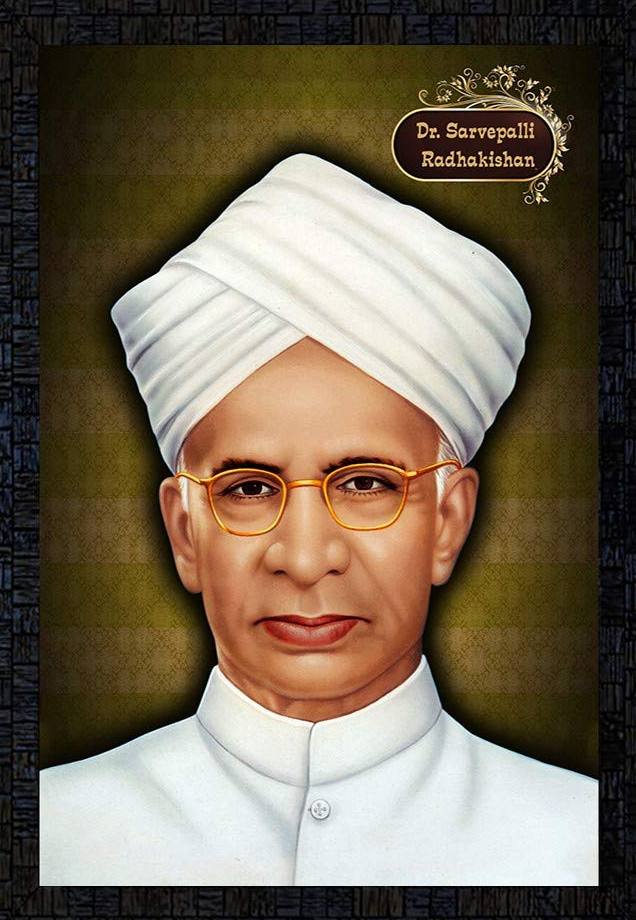Important Facts For Prelims
National Teachers' Award 2023
- 05 Sep 2023
- 3 min read
Why in News?
Recently, the Prime Minister of India interacted with the winners of the National Teachers’ Award 2023 on the eve of Teachers’ Day.
What is the National Teachers’ Award?
- The purpose of the National Teachers’ Award is to celebrate the unique contribution of some of the finest teachers in the country and to honour those teachers who, through their commitment, have not only improved the quality of education but also enriched the lives of their students.
- The awards are conferred by the President of India on 5th September.
- The awards consist of a silver medal, a certificate and a cash prize of Rs. 50,000.
- This year, the scope of the award has been expanded from including teachers selected by the Department of School Education & Literacy to now also including teachers selected by Department of Higher Education and Ministry of Skill Development.
Why is Teacher’s Day Celebrated in India?
- Teachers' Day, celebrated annually on 5th September since 1962, honours the contributions of educators, including teachers, researchers, and professors in India.
- Dr. Sarvepalli Radhakrishnan, the President of India at the time, suggested observing his birthday as Teachers' Day in response to students' requests for celebration.
- About Radhakrishnan:
- Birth:
- He was born into a Telugu family in Tiruttani town of Tamil Nadu, on 5th September, 1888.
- Academics:
- He studied philosophy at Christian College, Madras, and later became a professor at Madras Presidency College and the University of Mysore.
- Employment:
- He served as the first Vice-President of India from 1952 to 1962 and the second President of India from 1962 to 1967.
- He was also the Ambassador of India to the Soviet Union from 1949 to 1952. He was the fourth Vice-Chancellor of Banaras Hindu University from 1939 to 1948.
- Recognition:
- In 1984, he was posthumously (after death) awarded the Bharat Ratna.
- Notable Works:
- Reign of Religion in Contemporary Philosophy, Philosophy of Rabindranath Tagore, The Hindu View of Life, Kalki or the Future of Civilisation, An Idealist View of Life, The Religion We Need, India and China, and Gautama the Buddha.
- Birth:







